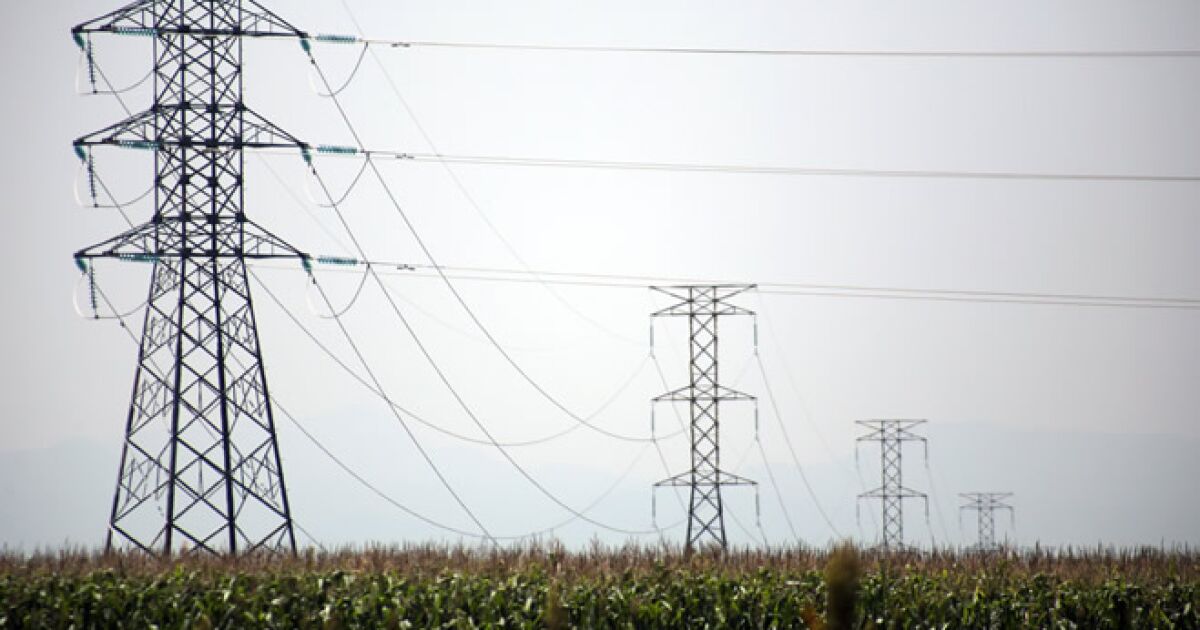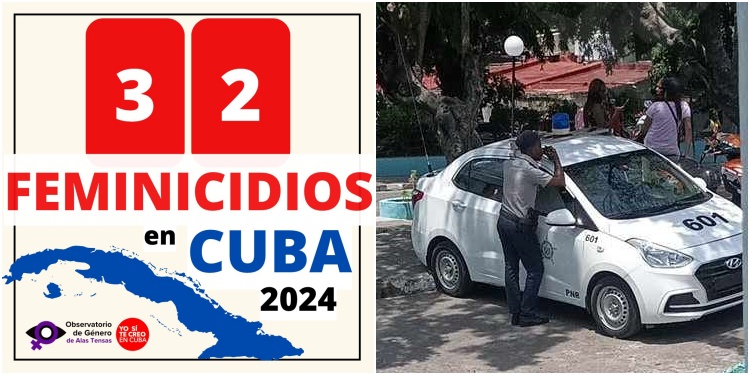Likewise, it is excluded that these state companies are guided by the concept of “best practices”, since it is considered that it also derives from a neoliberal definition, where it refers to a corporate government that is constituted by shares and investors and not to a “public company.”
Furthermore, it reforms Article 27 of the Constitution to add a paragraph establishing that the laws will determine the manner in which private individuals may participate in the activities of the electricity industry, which, it emphasizes, will in no case have precedence over these investments in the public company, “whose essence is to fulfill social responsibility and guarantee the continuity and accessibility of the public electricity service.”
The above means that the Federal Electricity Commission will have a leading role in the provision of public electricity services.
(Photo: Cuartoscuro)
It also adds that “the Internet service provided by the State” will be added to the list of strategic areas that will not constitute monopolies, as is the case with areas such as mail, telegraph and nuclear energy generation, and adds that the objectives of these activities “will be to preserve the security and energy self-sufficiency of the nation and to provide the people with electricity at the lowest possible price, avoiding profit to guarantee national security and sovereignty through the state-owned company that is established.”
In response, PAN deputy Miguel Rodarte asked Morena deputies to carefully analyze the constitutional amendment because the way it is worded suggests that the Internet is an exclusive service of the State, thereby setting aside private services.
“What we are doing in constitutional terms is establishing that only the State can provide Internet service, which means we are putting aside all the services that are provided privately. We have to be careful, because we are turning it into a strategic area and establishing that it does not constitute a monopoly, where it is understood that the performance of this activity is exclusive to the State,” he said.
PAN member Héctor Saúl Téllez said that these reforms renounce the “modernization” of electric energy, because with these modifications, he said, the participation of the private sector is inhibited by not creating a favorable scenario to ensure its investment.
He mentioned that it should be left under a statist scheme where the State is the only one that supplies electricity.
“In the face of inefficiencies and shortcomings, private sector support comes into play in the service that the State should provide. We cannot condemn the administration of electricity shortages with this type of initiative, because Mexico is losing out on attracting investments,” he said.
On the contrary, the Morena deputy Juan Ramiro Robledo commented that there are two opposing positions: some are in favor of private enterprise and others, of the public, since he said that ideological arguments cannot be separated, since it corresponds to two visions of State.
“This is a small step (with the reform) that fully recovers the State’s leadership, not just the regulatory one, which is how these differences in management that should exist in a national State like Mexico are conceived from the point of view of economic liberalism,” he commented.

















